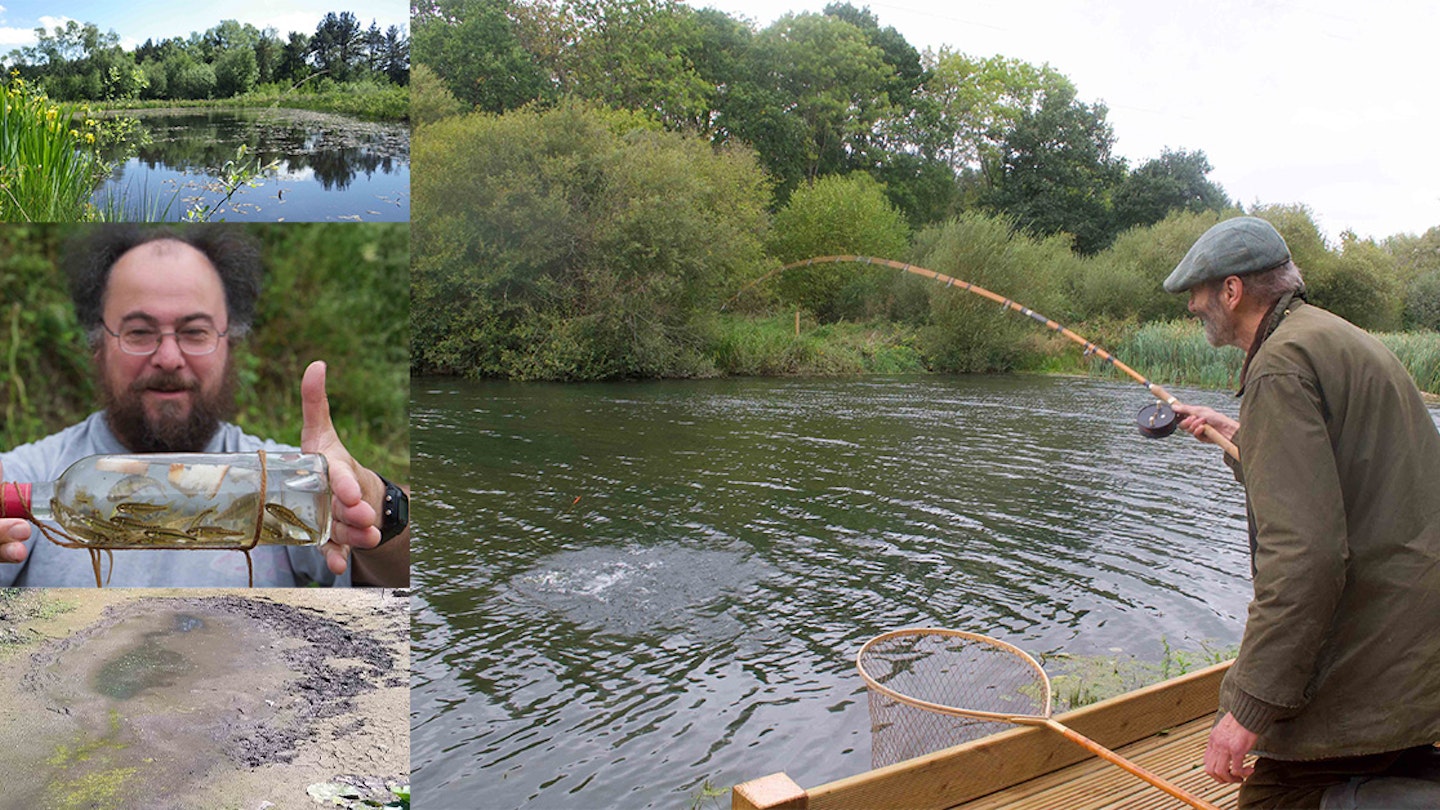For countless British anglers, our very first experiences of fishing were formed on small, intimate ponds.
Cropping up everywhere from farmland to local parks, these fascinating waters were once abundant. Yet with seasonal extremes, intensive farming, urban sprawl and water mismanagement, many that do survive are in poor condition.
One man quite literally willing to wade in and help is angler and ecologist Professor Mark Everard. At the height of this summer’s drought, he saw his village pond simply dry up. “I got there just in the nick of time,” he recalled. “I managed to get hold of the owner and also someone local who wanted the fish. With waders and a landing net, I rescued over 200 fish, mostly rudd, from the dwindling puddle, rehabilitating them elsewhere the day before the pond dried up completely.”
Mark’s rescue was also a timely reminder of the other life these small yet rich habitats support. “In the last of the muddy water, there were hordes of dragonfly larvae, newts and other living things,” he told us. “We forget what an absolute treasury of life these places are.”
For Mark, the neglect of ponds is symbolic of our disregard for water in general and the ways our landscape and wetlands have been fundamentally changed, post WW2, to make way for intensive agriculture and an expanding population.
“These places are magical ecosystems and stepping stones for all kinds of species,” he said. “For obvious reasons anglers treasure them, but we can never look at fish in isolation. Too often, we either sanitise them by hacking back natural features, or fill them with common carp, which tend to take over.”
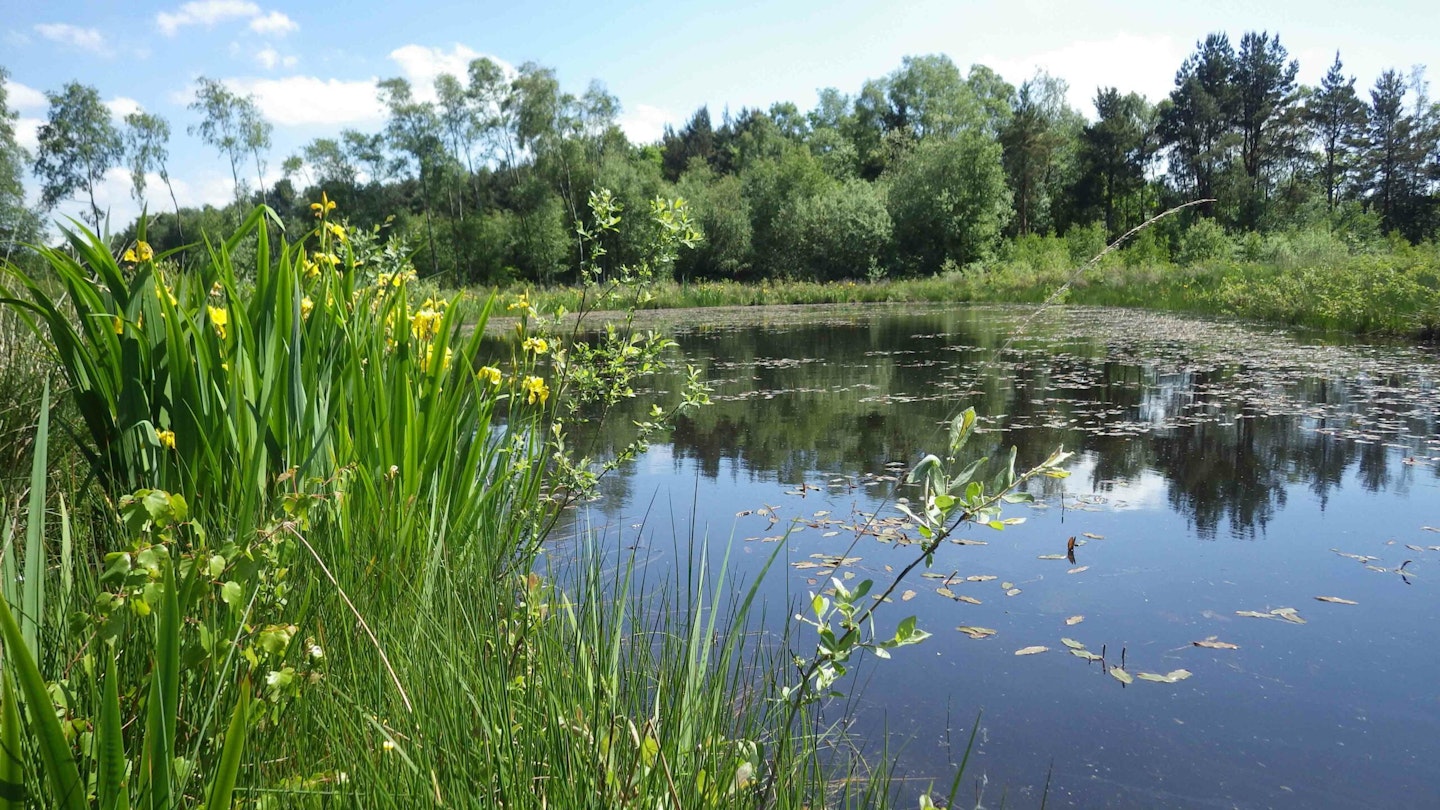
Natural riches and new hope
If the threats to natural ponds are manifold, there are also reasons to feel hopeful if we can only give them a helping hand. Freshwater Habitats Trust CEO, Professor Jeremy Biggs, has made the study and nurture of ponds his life’s work. Besides being a mine of fascinating information on these waters, he’s also refreshingly optimistic.
“They are the richest and most varied of habitats” he said.
“It’s a paradox, but they support more biodiversity than rivers or lakes. It’s just that – because of their small size – they’re overlooked. A stretch of river will often be quite samey, whereas two ponds just yards apart can be completely different!”
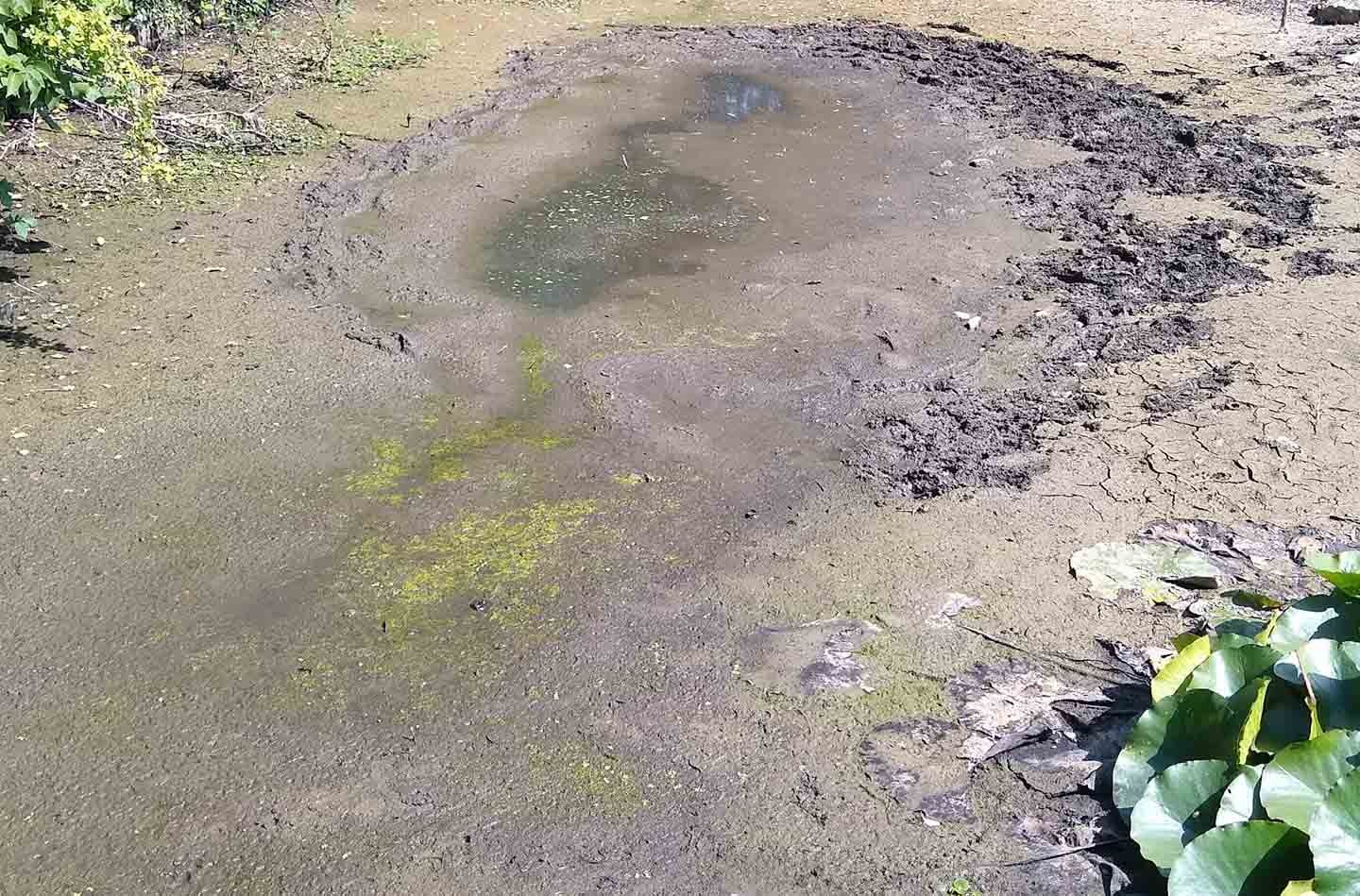
Another remarkable aspect is how easily new waters can be created. “With the right site, you can create a near-pristine water body that will develop in a completely natural fashion,” he said. “You just can’t do that with a river but, in many cases, we can make comparatively quick and easy wins with ponds.”
While not all such waters are ideal for angling, he also rejects the notion of “fish bad, wildlife good” and sees anglers as an important conservation group.
“Fishing ponds can be great for wildlife,” he said. “Not all species coexist happily with fish and some ponds don’t have water all the time, but others can work really well, with creatures like toads, bats and damselflies thriving at fisheries, provided we can find a sympathetic balance.”
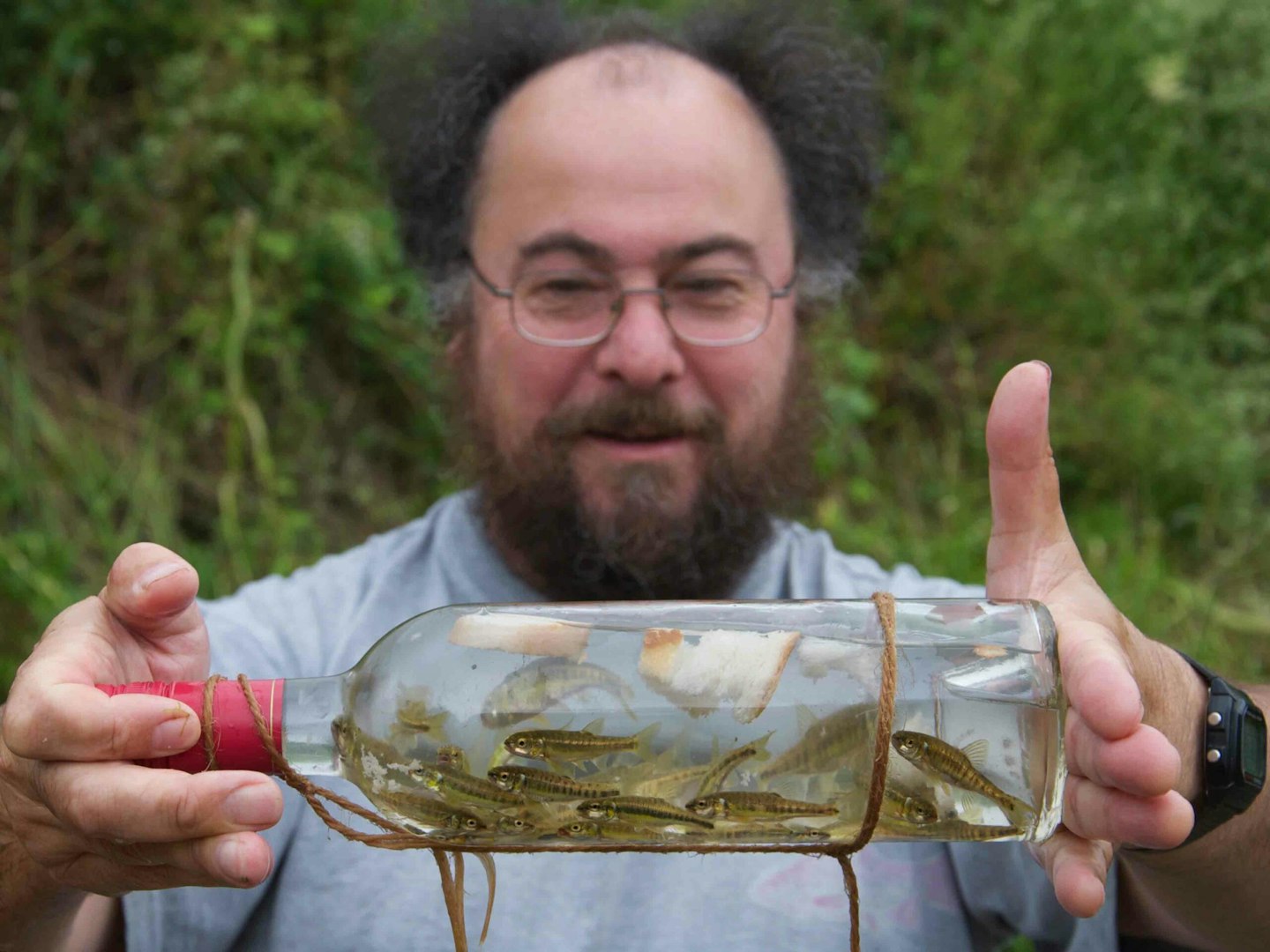
As for the actual numbers of ponds, Jeremy is surprisingly optimistic. “Although a lot of ponds were lost in the 20th Century, the numbers are now going in the right direction,” he says, “in no small part due to efforts to save and create new habitats. The main issue now isn’t the loss of ponds, but their condition. They suffer from many of the same issues as rivers, but are even less protected. Around 80 per cent are polluted to some degree and, as small bodies of water, they’re especially vulnerable because contaminants are more concentrated.”
He’d like to see better recognition and protection of ponds in general, because, at present, there’s no legal obligation for the authorities to monitor most water bodies of under 50 hectares.
However, with continued effort and a more enlightened approach nationwide, Professor Biggs believes big strides can be made. Besides helping fish like crucians and tench, our natural ponds could be a crucial and achievable way to safeguard biodiversity and rare British freshwater wildlife. And who doesn’t love watching a float among the lilies on an intimate little pool?
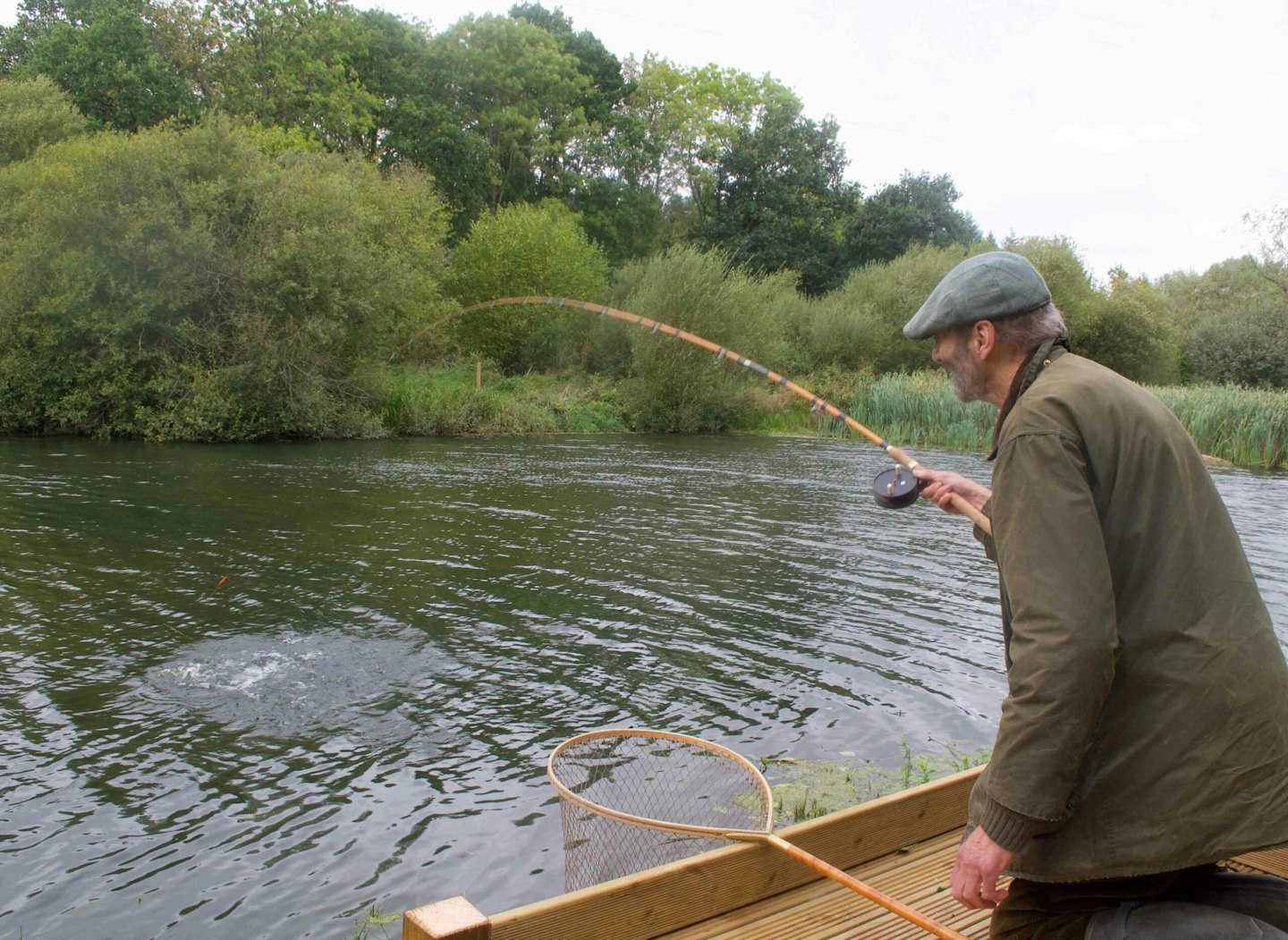
PROTECTING OUR PONDS: HOW WE CAN HELP
Find natural balance
Blending accessible spaces with natural features means a win-win for fishing and wildlife alike. The more marginal water plants on fisheries, the better, while leaving trees and natural shade can help ponds keep cool and retain water in hot summers.
Stock with care
Traditional ponds are best suited to crucians, tench and rudd at sensible levels. Excessive numbers of carp can be problematic, however, as they impact on water quality and biodiversity.
Give wildlife a helping hand
Whether it’s putting up bat and bird boxes or adding in habitat cover such as woody debris, we can all help to give animals a home. Many fishery complexes will also have old drainage ditches and stock pools, which can be left alone to add even greater biodiversity.
Knowledge is power!
Professor Mark Everard’s books are a great source of advice on fishery management and how angling can support healthy freshwater habitats. See www.markeverard.uwclub.net
Support the supporters
The Freshwater Habitats Trust is dedicated to protecting and enhancing Britain’s network of smaller waters. It welcomes donations and voluntary support – find a wealth of information, advice and current projects to discover at freshwaterhabitats.org.uk
The Angling Trust and Fish Legal give anglers and fisheries direct support and expert advice, while member clubs get legal protection from threats such as pollution and careless developers. Its new campaign “Love Angling, Love Nature” is all about strengthening our connection with wildlife and conservation. See anglingtrust.net
